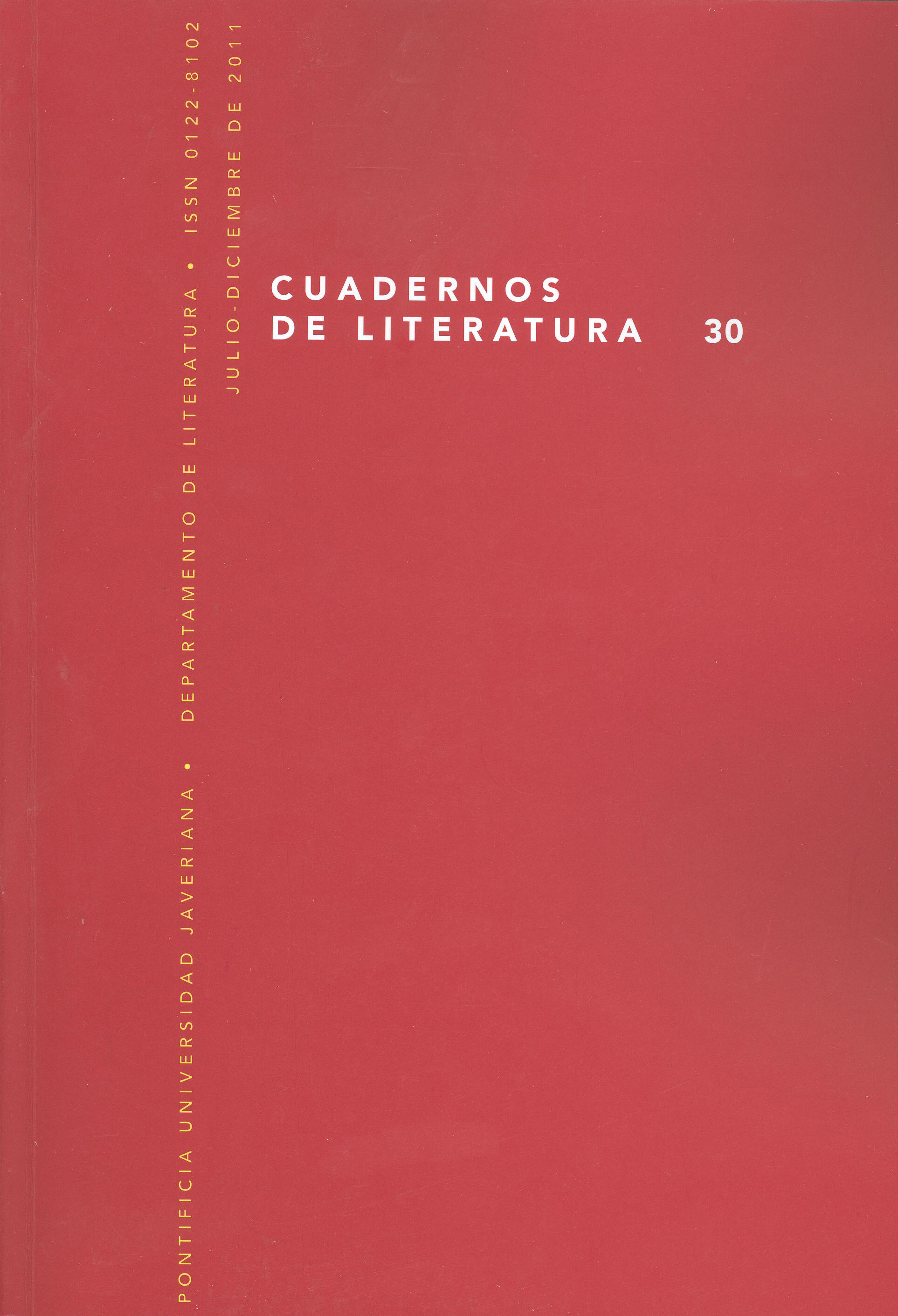Abstract
Con relación a dos novelas escritas por mujeres, el texto ofrece una lectura que demuestra cómo pueden funcionar juntas una lectura ambiental y una lectura feminista. Los dos textos (de Jean Rhys y de Arundhati Roy), presentan la plantación tropical como un espacio queencarna la mirada colonial. A la vez exuberantes y traicioneros, los trópicos se vuelven sitio de explotación y lugar de peligro y horror sin nombre. Las mujeres, en tanto hijas de y víctimas del patriarcado de la plantación, que funciona conjuntamente con el patriarcado colonial, son
representadas textualmente de modos sugestivos en relación con la casa de la plantación como propiedad. En medio de su drama de despojo,
de expropiación del hogar, y a la vez, un amor y una lealtad feroces hacia su casa de la plantación, el mensaje feminista toma forma. Tal despojo tiene bases históricas legales en Antigua y Kerala, respectivamente. Esta lectura sugiere un acercamiento analítico –la pos-plantación– que arroja luz sobre las similitudes de ambas novelas, tanto en cuanto a contexto sociocultural como a método narrativo.
Cuadernos de Literatura is registered under a Creative Commons Attribution 4.0 International Public License. Thus, this work may be reproduced, distributed, and publicly shared in digital format, as long as the names of the authors and Pontificia Universidad Javeriana are acknowledged. Others are allowed to quote, adapt, transform, auto-archive, republish, and create based on this material, for any purpose (even commercial ones), provided the authorship is duly acknowledged, a link to the original work is provided, and it is specified if changes have been made. Pontificia Universidad Javeriana does not hold the rights of published works and the authors are solely responsible for the contents of their works; they keep the moral, intellectual, privacy, and publicity rights.
Approving the intervention of the work (review, copy-editing, translation, layout) and the following outreach, are granted through an use license and not through an assignment of rights. This means the journal and Pontificia Universidad Javeriana cannot be held responsible for any ethical malpractice by the authors. As a consequence of the protection granted by the use license, the journal is not required to publish recantations or modify information already published, unless the errata stems from the editorial management process. Publishing contents in this journal does not generate royalties for contributors.


